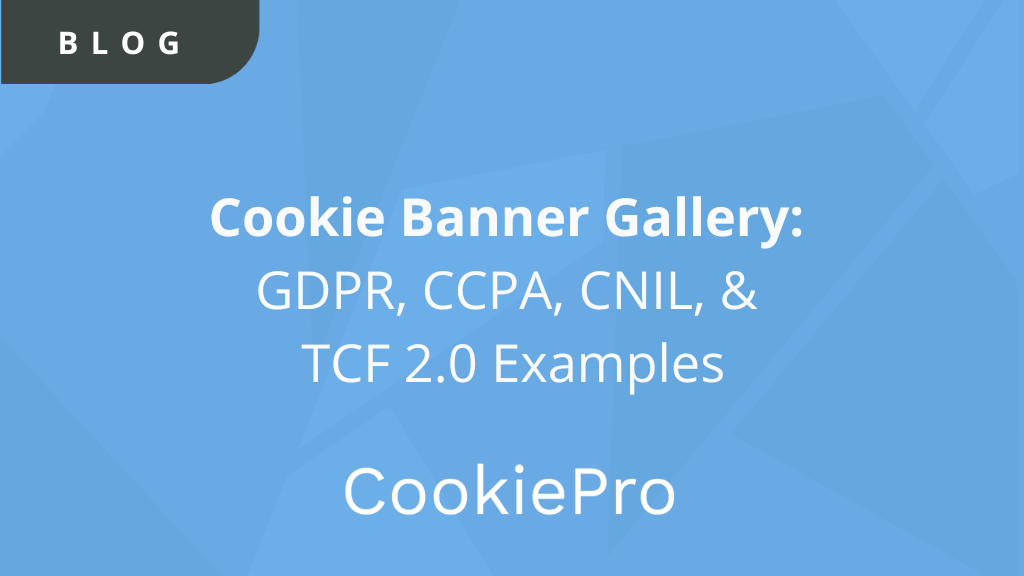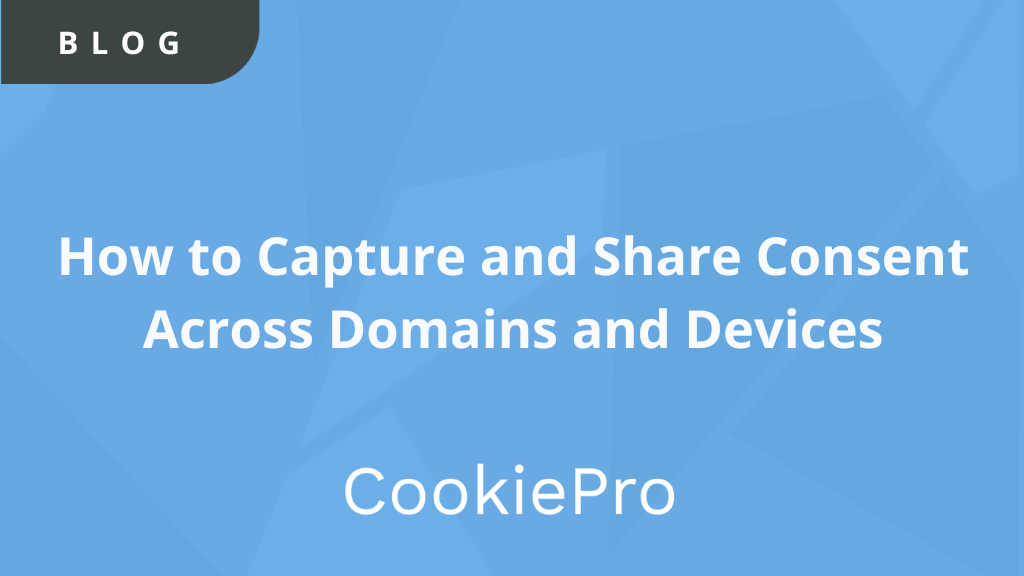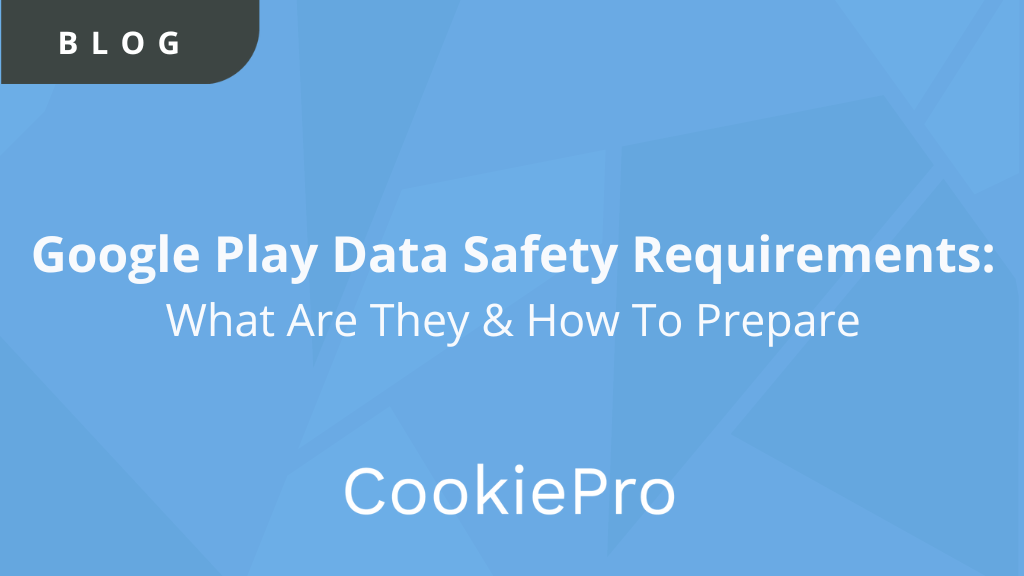Google Chrome Plans to Phase Out Support for Third-Party Cookies
Google recently announced that it plans to stop supporting third-party cookies in its Chrome browser within the next two years. Learn more about the news.

Google recently announced that it plans to phase-out support for third-party cookies in its Chrome browser within the next two years. The plan is to create a new technology that makes it easier for advertisers to target certain demographics while also satisfying increased privacy demands from users.
What’s the difference between first and third-party cookies?
Tracking is the collection of data regarding an individual’s identity or activity across one or more websites. Even if such data is not believed to be personally identifiable, it’s still tracking.
First-party cookies are domain-specific, meaning they can only be read on the website that created the cookie. For advertisers, this restricts their ability to collect information and display relevant ads on other websites. Imagine that you’re an advertiser launching a campaign for a target audience. If you’re trying to reach your ideal buyer, you’ll want to filter your audience by analyzing their website browsing behaviors and the various sites they are visiting. If you could only reach your target audience based on one site that they visited, it would be very difficult to deliver personalized ads that drive users to convert.
Third-party cookies are created by domains other than the website that you’re visiting. These cookies can be used for online advertising purposes and are accessible on any website that loads the third party’s code. For example, let’s say you go to a website and add an item to your shopping cart, then you navigate to a different website and see an advertisement for that item you added to your cart – that’s how third-party cookies work.
Why are third-party cookies important to advertisers?
Third-party cookies play a huge role in audience addressability, segmentation, targeting, personalization, and measurement. They allow ads to be personalized and relevant to consumers as they browse different websites and platforms.
Why is Google planning to block these cookies?
Google plans to join Safari and Firefox in blocking third-party cookies in its Chrome web browser in a phased approach over the next two years. Google is hoping it can create a new technology that is less invasive than tracking cookies. The goal for the new technology is to make it easier for advertisers to target certain demographics while also providing some level of anonymous tracking for advertisers to still know if their ads converted to sales.
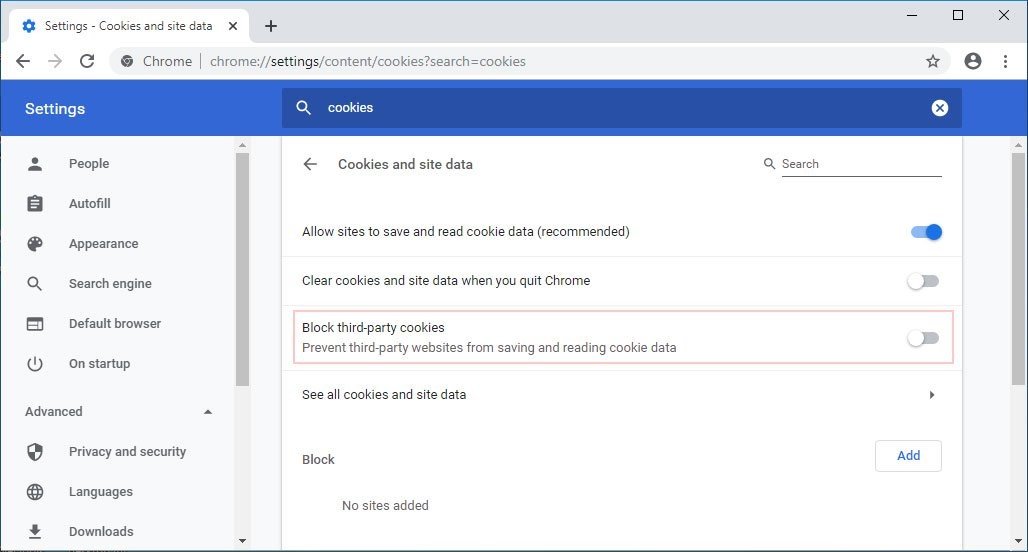
Google’s commitment to user privacy is notable, especially in an era of free web services and ever-increasing ad targeting and tracking. However, advertising groups are fearful the change will affect the profitability of their businesses.
Is this similar to Apple’s Intelligent Tracking Prevention?
Apple made similar browser tracking changes to its Safari browser in September 2017 called “Intelligent Tracking Prevention”, or ITP, that blocks sending cookies to third parties determined to be “trackers”. ITP identifies tracking behaviors and imposes a strict 24-hour time limit on those tracking tools’ lifespans. Apple said it’s not about blocking ads – it’s about protecting user’s privacy.

Apple was the first browser to block third-party cookies by default, however, Safari makes up just 1/3 of the market share compared to Chrome with a 64% global market share.
What about Firefox?
Firefox also made changes in September 2019 called “Enhanced Tracking Protection” that blocks known third-party tracking cookies by default. Enhanced Tracking Protection prevents companies from building a profile of you based on the tracking of your browsing behavior across websites.

What’s next?
Browser changes across Chrome, Safari, and Firefox radically shift the way ad tracking works on the web. It also opens an entirely new possibility of tracking we have yet to discover. Websites using third-party cookies should consider a cookie consent tool that demonstrates transparency and provides visitors with the choice to allow or reject cookies during their browser session rather than the browser blocking third-party cookies by default.
How does CookiePro help?
When a website uses CookiePro Cookie Consent, they provide visitors with the power to choose which categories of cookies they want to allow or reject. This allows websites to avoid the automatic blocking of these cookies by the browser (Chrome, Safari, Firefox) and instead places the choice in the hands of the website visitor through a sleek, user-friendly cookie banner and the ability to change their consent preferences at any time through a customizable, branded preference center.
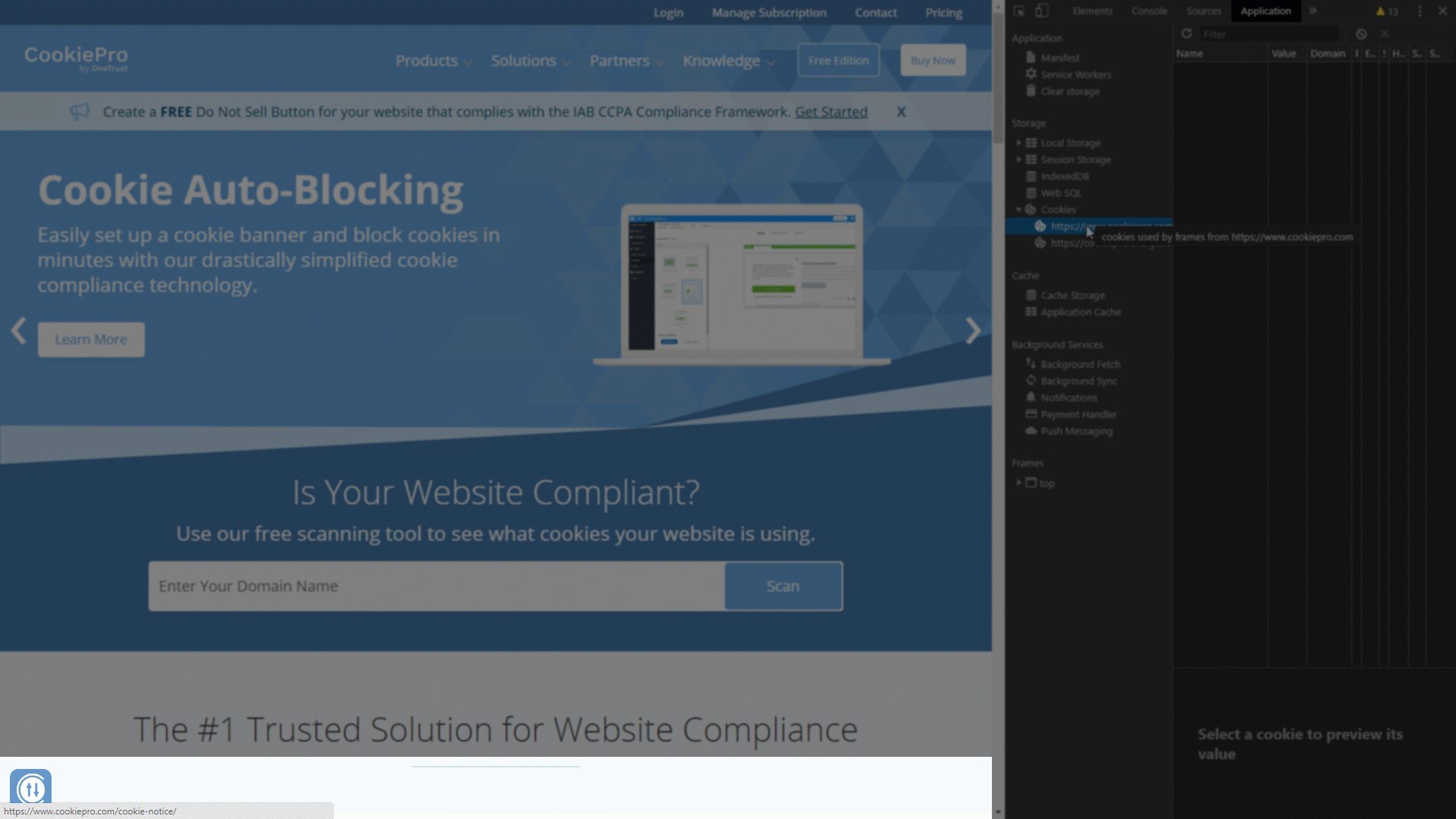
You Might Also Like









